This is 57: Diane Mehta Responds to The Oldster Magazine Questionnaire
"A mammogram radiologist once told me that the body goes haywire between 50 and 60. It’s not entirely untrue, but your body becomes a warning system that’s constantly beeping. "
From the time I was 10, I’ve been obsessed with what it means to grow older. I’m curious about what it means to others, of all ages, and so I invite them to take “The Oldster Magazine Questionnaire.”
Here, poet, essayist, critic, and editor responds. -Sari Botton
P.S. A reminder that in my book, everyone who is alive and aging is considered an Oldster, and that every contributor to this magazine is the oldest they have ever been, which is interesting new territory for them—and interesting to me, the 58-year-old who publishes this.
When you see a piece featuring someone younger than you, try to remember when you were that age and how monumental it felt. Bring some curiosity to reading about how the person being featured is experiencing that age. Or, if you prefer, wait for the next piece featuring someone in your age group. Not every piece will speak to every reader. I’m doing my best to cover a lot of ground and to foster intergenerational conversation. Please work with me.
Diane Mehta was born in Frankfurt, grew up in Bombay and New Jersey, and now makes her home in New York City. Her second poetry collection Tiny Extravaganzas came out from Arrowsmith Press in Oct 2023 and her essay collection Happier Far will be published by the University of Georgia Press in 2025. Her work has been recognized by the Peter Heinegg Literary Award, the Café Royal Cultural Foundation, a Kirby-Mewshaw fellowship at Civitella Ranieri, and a fellowship at Yaddo. She was executive nonfiction editor for Guernica. She publishes poetry, essays, and criticism for The New Yorker, The New York Times, The Harvard Review, The Kenyon Review, American Poetry Review, Virginia Quarterly Review, and A Public Space, where she was founding managing editor.
How old are you?
Younger than nanotechnology but older than the first email, which was sent in 1972 by Ray Tomlinson, who built an email system into ARPANET, the parent of the Internet. I’m 57, though for a day this summer, Guardian Longreads mis-aged me as 60 in a headline when they syndicated an article on learning to swim in my 50s. One-thousand and ninety five days disappeared. I have a lot planned for the next 1095 days.
Is there another age you associate with yourself in your mind? If so, what is it? And why, do you think?
Depending on mood and circumstance: 25 when 45, 75 when 50. A stiff back ages me, a lake swim offers youth. I recently wrote an essay tracing my past through documents, and became obsessed with what it was like to be just-born. My mother is dead so I have no access to her memories. I did a little research on the weather and mood of that day in Frankfurt in 1966, and created a facsimile of a memory. I would like to be hours-old again and in my mother’s arms. Another age I wonder about often is 7, because 1973 was the year that we immigrated to the States from India, and 7 represents an emotional split that took me decades to reconcile.
I recently wrote an essay tracing my past through documents, and became obsessed with what it was like to be just-born. My mother is dead so I have no access to her memories. I did a little research on the weather and mood of that day in Frankfurt in 1966, and created a facsimile of a memory. I would like to be hours-old again and in my mother’s arms.
Do you feel old for your age? Young for your age? Just right? Are you in step with your peers?
So I have a poetry book that came out this fall, and in my poems I’m generally obsessed with the line and with sound. In any one of my poems from this time in my life, the duration of sounds and the way they’re stacked together are how I determine whether the pacing is working. If I think of aging as duration, I’m “just right” at 57 because I’m more efficient at using the hours available to me. If I work hard, I feel good. But there is a political message in this question, which suggests that being old or becoming old is a drag, which may be what makes your readers appreciate this question so much. I support the idea of exploding the anxiety of age for people of all ages.
What strikes me about “age” is that it’s such a moving target socially and physiologically. Medical enhancements improve and lengthen life while climate change and gun violence threaten to abbreviate it. I don’t think I’ve ever felt more free to do what I want than now. I like the struggle to be precise, the work of editing. My older artist friends are fierce, smart, and funny. They are at the top of their game, and they make me feel as young and as full of possibility as they feel. Writers closer to my age are working like mad through the grind that is the life of a writer and parent. I think we all make use of our age. But more interesting is how we use time.
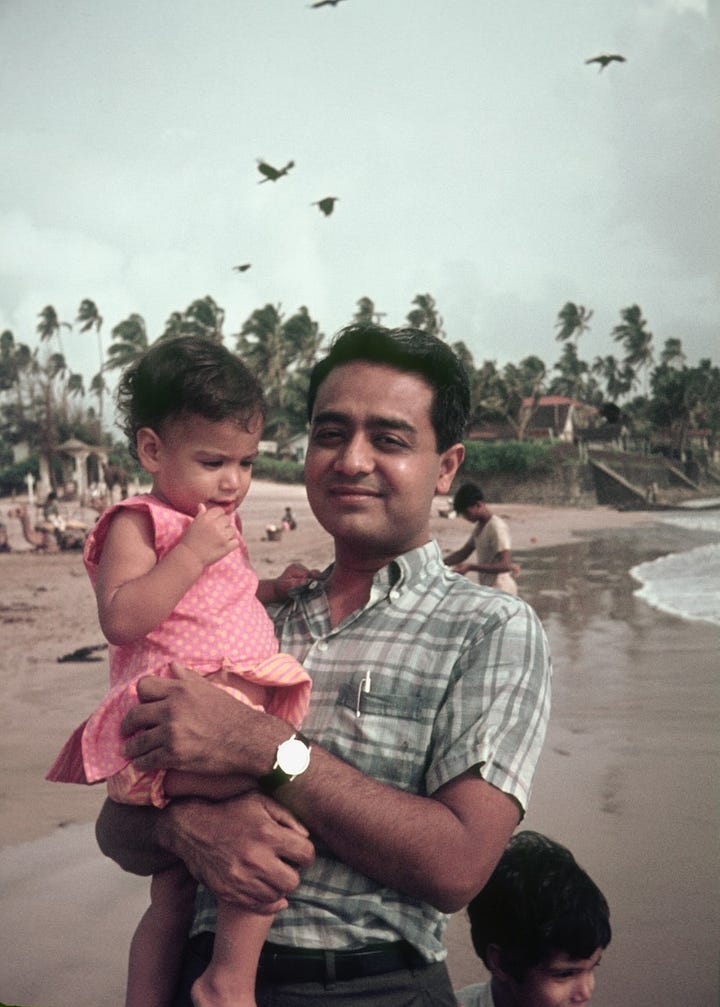
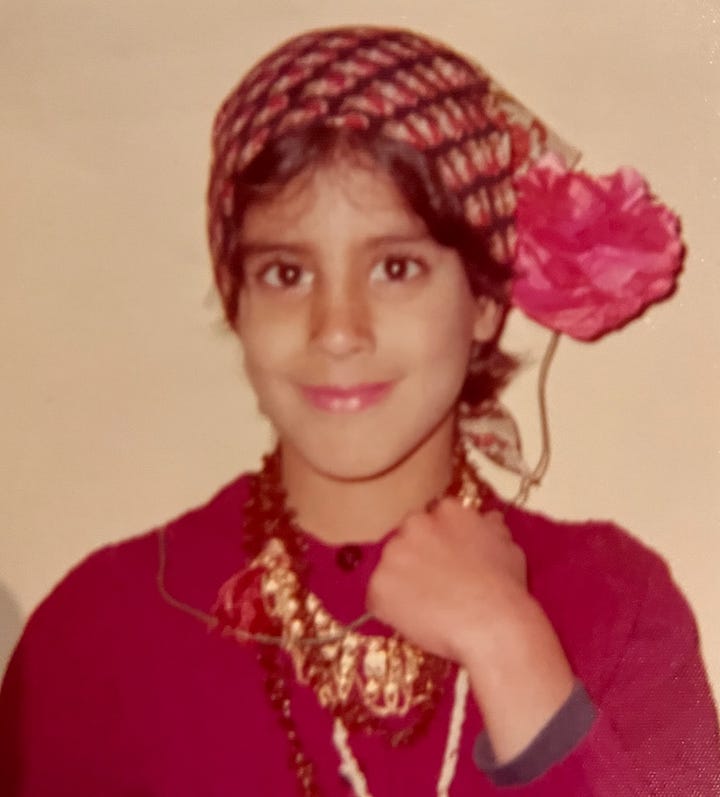
What do you like about being your age?
It’s wild being a mother of a 19-year-old son. My son’s in college, so I’ve gone through all the abstractions and events of raising him. I was terrified to become an empty nester, but the relationship keeps changing and becoming more interesting. I’ve watched him turn his mind into something unusual in the same way I continue to chase something unusual. He’s intellectually rigorous but silly, and I channel both of those qualities in myself because of him.
What strikes me about “age” is that it’s such a moving target socially and physiologically. Medical enhancements improve and lengthen life while climate change and gun violence threaten to abbreviate it.
I would be a different kind of woman at 57 if my son weren’t here to make my mind spin. Aging in order to watch him grow and change is worth it. I’ve learned so much about caring for others and about being resourceful—you have to if you’re a single mother, and more so when your kid is a little complicated. I’m more generous because someone depends on me to be his mother. This late-50s moment is a strange gift. It’s a combo of hyper creativity, confusion, expansive thinking. I revel in it. I can go to Italy off-season. No more making lunch for everyone.
What is difficult about being your age?
Other people’s reactions. People say I look considerably younger, so my “age” seems elusive. It suggests that people judge one another too quickly, at a glance or from a handful of sentences. When younger women express shock at my age, the compliment is diminishing because it invalidates the aging process. You, too, will get here, I think. When older women find out my age, they immediately treat me more seriously, which I appreciate because there’s a shared recognition of experience, and suffering, and some secret meaningfulness we’ve discovered. And you get on with the friendship faster.
The biggest downer is having all my doctors remind me to build muscle so I don’t fall, and then having them look alarmed when I tell them I just fell head first down the stairs at an art opening. Then that Pandora’s box of anticipatory illness. Then I go read Virginia Woolf’s essay On Being Ill and stare at the clouds rearranging as the wind pushes them around.
All my books are off-schedule milestones in that I’m publishing at an age that is much older than I anticipated. I told myself at 32 not to rush to publish, and then waited so long that I felt raggedly slow.
What is surprising about being your age, or different from what you expected, based on what you were told?
A mammogram radiologist once told me that the body goes haywire between 50 and 60. It’s not entirely untrue, but your body becomes a warning system that’s constantly beeping. I was completely unprepared for the worst side effect of menopause: chronic daily migraines. Life was hellish for a year until I began palliative Botox treatments. I get 32 shots in my head every three months now. The migraines are largely gone. Being a little blurry mentally or moody, also connected to menopause, was really no different than the swervy state of being a writer. I spent decades embattled by spasms in my back and neck, but these are loosening or recovering quicker with physical therapy. I no longer expect to feel so subtracted by chronic pain, and while I don’t expect to be a flamenco dancer or bodybuilder, I’ve got some moves. “Old age superbly rising!” yelled Whitman.
What has aging given you? Taken away from you?
Friends are the gift of middle age. I had so few when I was younger, and married, but now those relationships sustain me and rev my mind endlessly. Conversations are my meat and potatoes daily, and what I look forward to most. I’ve had a bonanza of new friends in the last two years, and relationships with older friends deepened during the pandemic. Since most of my friends are either over 50 and tend to be artists, we’re all thinking non-stop and learning from one another, leaping in and out of conversations, sending one another our work, and celebrating or commiserating. It never used to be this good, or this easy to get close to people, but I think I’m more curious, and better at finding wonderful people.
Nothing matches the endorphin rush and total body control I once had as a gymnast and sprinter. Now it’s out of reach. The precision training it takes to stick a back flip or lift your body up while upside down and doing an aerial gives you a physical confidence that is unmatchable. I was faster than the boys until eighth grade, and could dodge anyone, control my speed, turn it up, and generally move in this electric way. I also did rugby and no one could catch me. Kung Fu gave me power and choreography at the same time, which was awesome. Then I got pregnant. That ended the excitement of being alone in my body and in control of it.
How has getting older affected your sense of yourself, or your identity?
No!
What are some age-related milestones you are looking forward to? Or ones you “missed,” and might try to reach later, off-schedule, according to our culture and its expectations?
I’m looking forward to not doing any more divorce milestones because I’m not getting married again. Milestones are a mixed bag. I love cake, but find the dynamic of milestones a little burdensome. I tell myself that I’m a fan of daily life instead, but I wish someone would make me a cake. I’m grateful to have multiple books coming out in different genres. Each is a milestone in a different way, but the connective tissue is my recognition that I’m working as hard as I can to express myself properly and be precise. All my books are off-schedule milestones in that I’m publishing at an age that is much older than I anticipated. I told myself at 32 not to rush to publish, and then waited so long that I felt raggedly slow. The milestone I’m most looking forward to is my son graduating from college in a few years.
When younger women express shock at my age, the compliment is diminishing because it invalidates the aging process. You, too, will get here, I think. When older women find out my age, they immediately treat me more seriously, which I appreciate because there’s a shared recognition of experience, and suffering, and some secret meaningfulness we’ve discovered.
What has been your favorite age so far, and why? Would you go back to this age if you could?
18. Everyone thought I looked like Jennifer Beals, after Flashdance came out, and I enjoyed giving out my autograph.
Is there someone who is older than you, who makes growing older inspiring to you? Who is your aging idol and why?
Two friends: the porcelain artist Mary Carlson and the cellist Frances Marie-Uitti. We met in Italy at the writers residency Civitella Ranieri and began reading Dante’s Divine Comedy together, on a loop. We’re on our second full reading, one canto a week. They are both intelligent and cautious in ways that I am not, and they do niche, imaginative, and patient work that encourages me to do the same, and to lose myself in the thrill of not only work, but life as it shows up every day. I mean, Mary will go nuts over a pile of soil so she can reshape her yard, or over a new anvil so she can bang out copper curlicues for her porcelain flowers, and she has an amazing command of materials. Frances has spent a lifetime thinking about sound and has this outsize mind for experimenting. Both of them are genuine but cautious about what they put into the world.
Our friendship has opened me up to: accepting or giving more love, Andy Warhol’s religious work, the recognition that we love Dante’s Beatrice because she is a bitch, György Kurtag’s piano pieces, forgiveness, Aristotle’s ethics, Giacinto Scelsi’s brilliant restraint, the Italian language, kindness, Schoenberg and sprechstimme, the varieties of registers in my untrained voice, the excitement of having an anvil, the physics of a kiln, the science and life of glazes, the way every millisecond is critical for a string player, the idea that balloons are instruments, the secret life of sounds I can’t hear, the value of distorting sound, the importance of keeping my work slow and private, the process of orchestration and collaborating, and the choice to be an artist instead of complaining about being an artist.
What aging-related adjustments have you recently made, style-wise, beauty-wise, health-wise?
I’m disciplined about doing physical therapy and fixing all the body part problems that have been so intractable. I’m on and off pre-diabetic, so I’ve cut back on white foods and sugar, and half a drink makes me slurry. For the first time ever, I have bought a bunch of fancy skincare and potions. There’s this neat serum in red packaging and a lotion that makes my skin feel silky and smell like roses and alpine grass. They have done zero for my skin, as far as I can tell. Style-wise, I wear the same jeans or skirts, and the clunky shoes that all the Brooklyn moms wear. And since I’m thinner now, I’ve cut my hair jaggedly around my face.
What’s an aging-related adjustment you refuse to make, and why?
I will never give up butter. The alternatives make me dislike food.
There was a jewelry store I loved nearby, and every year, I’d pre-arrange a price with the owner for two or three earrings that he’d encourage my son and boyfriend to select for me, and then they’d go and get me what I wanted and I’d pretend to be surprised.
What’s your philosophy on celebrating birthdays as an adult? How do you celebrate yours?
I used to go to Gabrielle Hamilton’s restaurant Prune, in Manhattan, with my dad, but she closed it in 2020. Now I eat at my favorite Italian restaurant down the street and get gelato afterwards. The real excitement is phone calls or cards. The ritual of my father calling late morning, my son early afternoon, and my sister mid-afternoon, and the texts that roll in, is buoying. I feel a little freer on my birthday, and sometimes a birthday triggers something significant. A friend I had fallen out with called every year on my birthday, for three years, and on the third year I picked up. There was a jewelry store I loved nearby, and every year, I’d pre-arrange a price with the owner for two or three earrings that he’d encourage my son and boyfriend to select for me, and then they’d go and get me what I wanted and I’d pretend to be surprised. After my birthday, I look at my birthday cards obsessively.





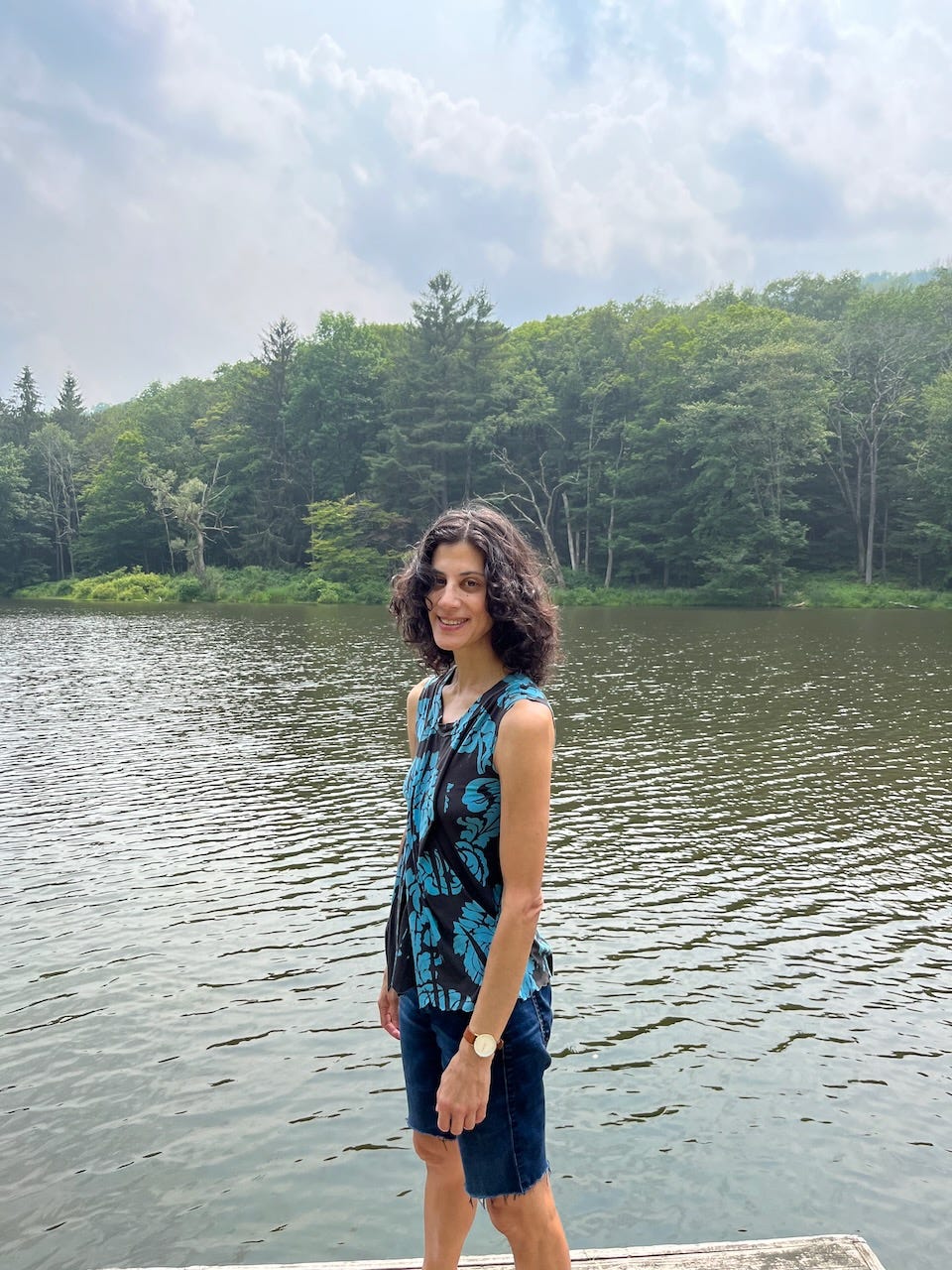
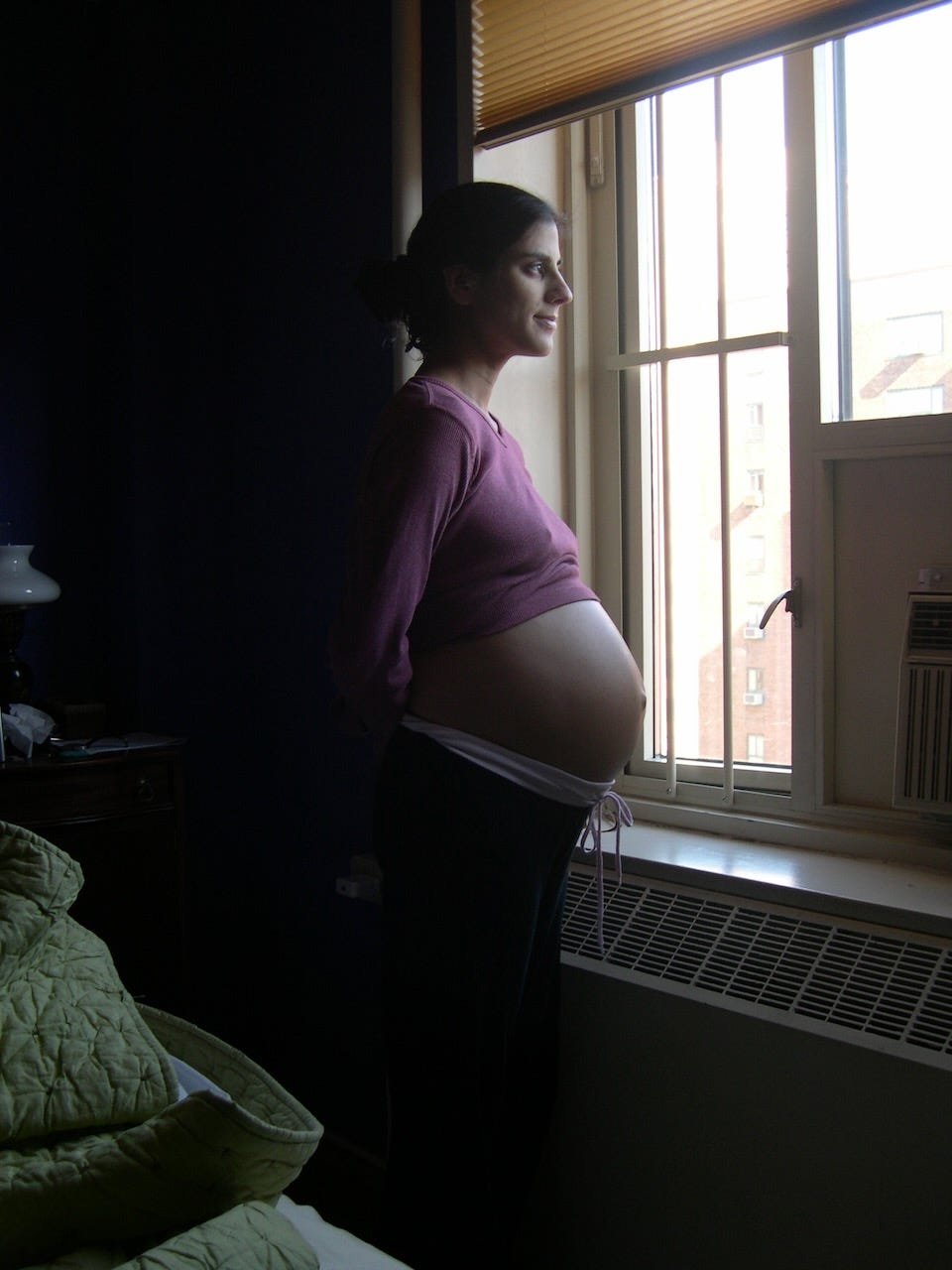
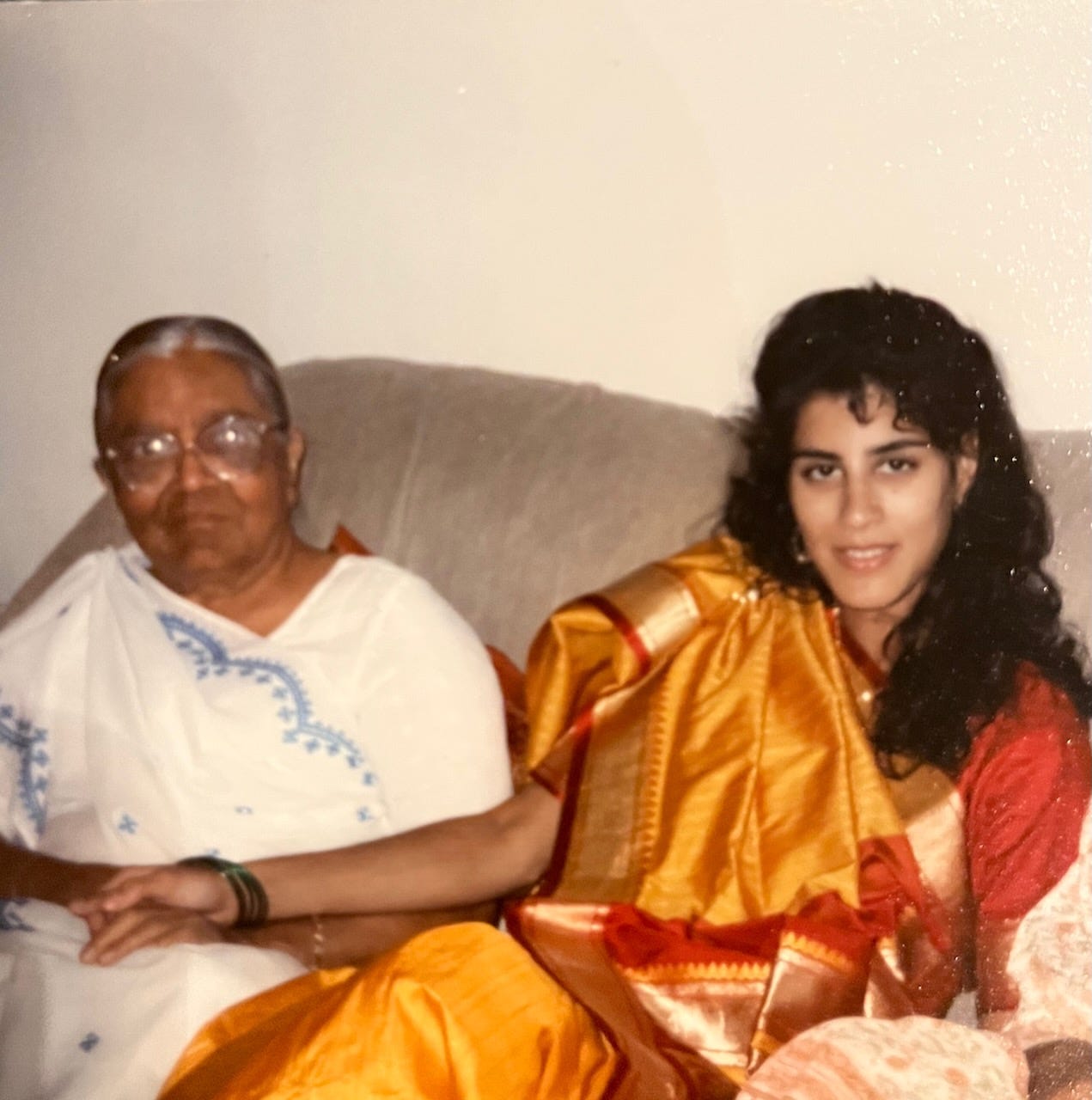
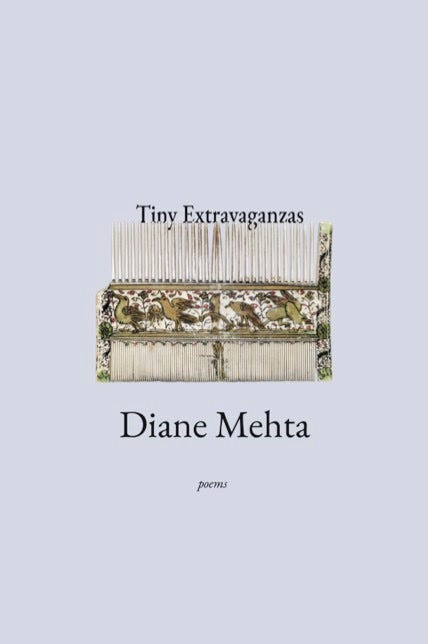
As someone navigating through the trenches of my 20s, confused as all hell, this read made me excited to become an older and wiser me. All in good time and spirits!
Oh, I like her!!!